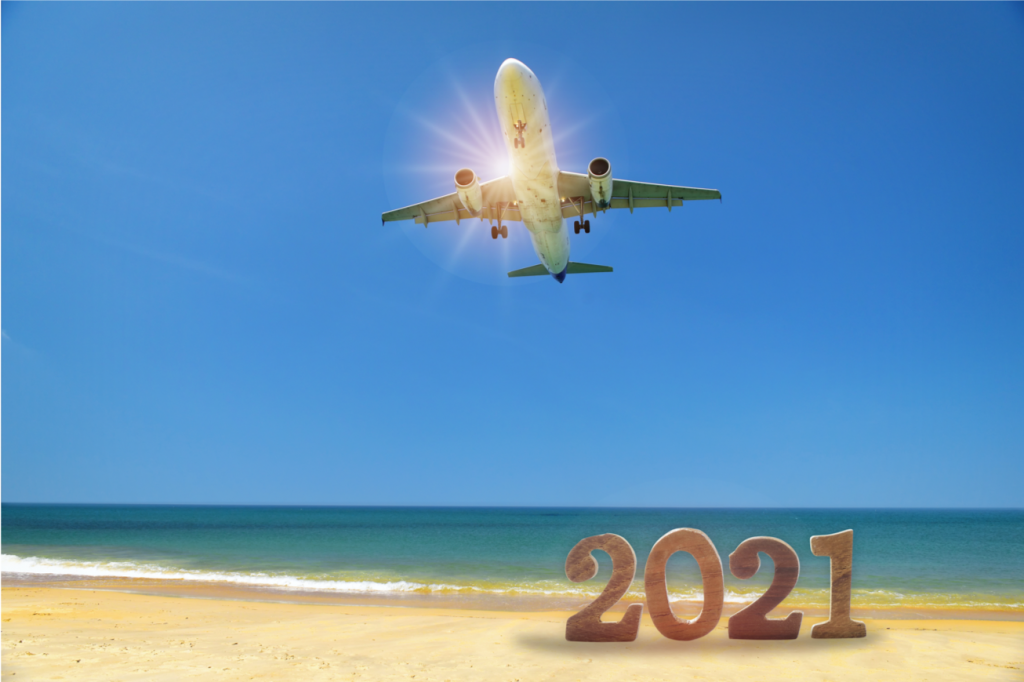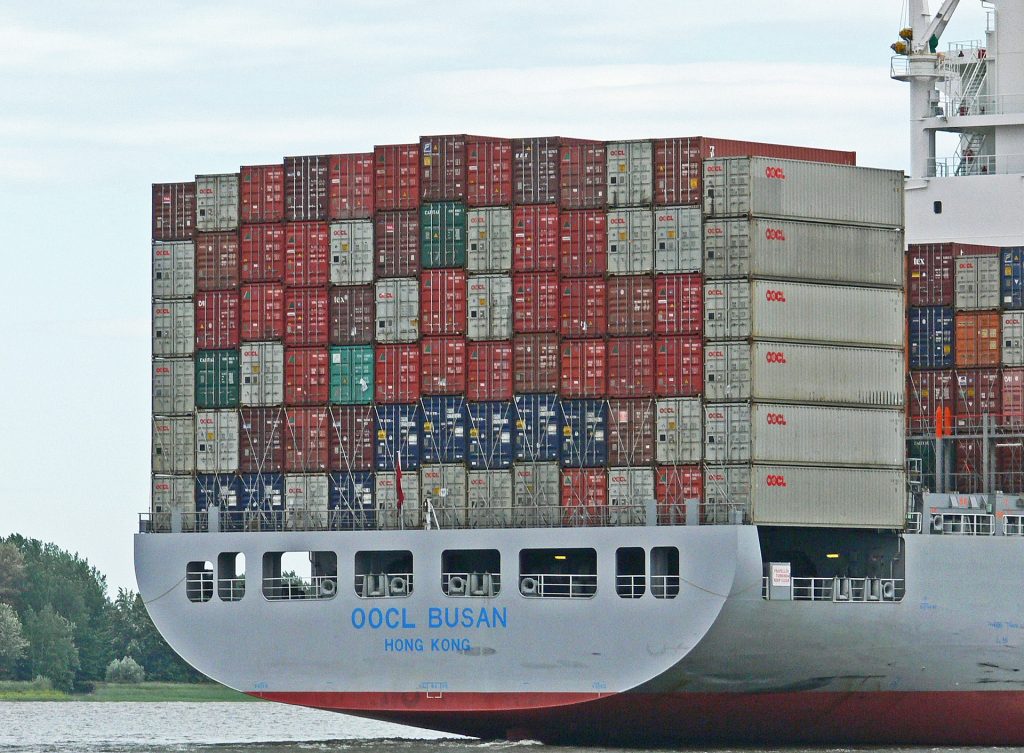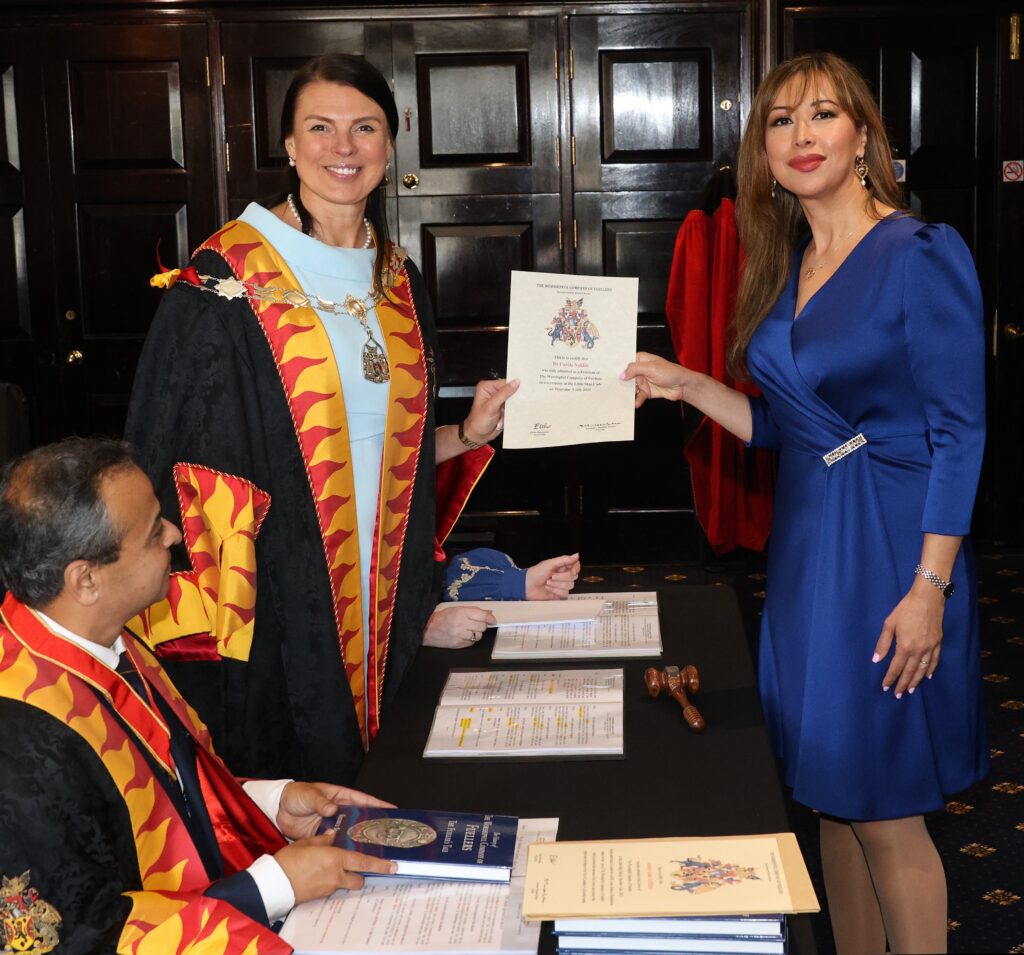Lord David Howell
We are all tired of being told how dreadful the virus-riven 2020 turned out to be, and it certainly ended for Britain fairly uncomfortably, with Christmas virtually abolished, ports jammed, and British air-travellers barred form fifty countries. But there were some redeeming features, implying a better future may be to hand.
So here are a few thoughts to set us on a more cheerful path for 2021.
First, at the fifty-ninth minute of the eleventh hour an Agreement of sorts was reached between the UK and the EU enabling most goods trade to continue between them without tariffs or quotas. A small item, perhaps, in the much larger inventory of grim world problems, yet a morale-raising reminder that some imbroglios can be resolved, bad situations can come good, that there can be light at the end of some tunnels.
The implications of the Post-Brexit deal for the energy sector are not much discussed – or understood. At the most obvious and immediate level, actual energy supply and exchange between the UK and the EU countries will be mostly unaffected, as will equipment supply chains right from the production to the consumer ends, where complete tariff and quota freedom will remain. So will freedom for most professional services and data exchange.
UK detachment from EU energy and climate strategies may lead to some deviations, although both sides are broadly on the same path. With nuclear new build and with gas replacement for home heating, UK policy may actually be somewhat ahead of the Continent – illustrating the absurdity of the obsession with level playing field conditions. Will ‘advantages’ like this be seen as ’unfair’ competition against Germany and Austria as they close down their nuclear sectors and struggle with continual coal and fossil fuel burning?
There remain many other untied loose ends on the post-Brexit front, especially in complex and sensitive areas like agriculture and fisheries, and of course there will be hostile voices and angry interests both sides of the Channel.
The UK-EU issue was always bound to have never-ending aspects, because it was part of the perpetual saga of the digital age – the unending tension between the pull of identity and the pull of collective power, between the desire to localize, separate, break away, not be bossed around by out-of-touch rulers, and the contrary longing for unity and the strength it can bring, along with powerful direction and leadership. That affects internal politics as well, as deep social divisions in America, breakaway separatism in the UK and populist politics throughout Europe all illustrate.
So one small spark of European hope and progress amidst many dark trends. Yet amidst all the other setbacks of the year of Covid there have been some highly positive geopolitical advances that many commentators missed.
Chief amongst these is what might be described as the Great Reorientation. The age of hegemons is plainly drawing to a close. Xi Xinping’s China has alienated both his Asian neighbours and most of the West. Business will have to be done with the vast Chinese economy and China is now the major influence on world energy consumption, trade and on carbon emissions. But few countries want to be a client state of China or caught up in the wrestling match of rivalry between the US and China, with its distinctly 20th century flavour.
While there has been much opining about American-Chinese rivalry, leading in gloomier and more excitable analyses, especially amongst US academia, to a breakdown in relations, rising tensions, severed supply chains and outright war, the facts of 2020 have taken us the other way.
Professional cooperation internationally has been very close. Commercial connectivity continues to ignore frontiers and set up new trade patterns that bow to neither Chinese nor US commands. Ever more powerful technology pushes through national trade barriers like water seeping out of leaky old pipes. China’s regional influence declines as the rest of South-East Asia, 700 million strong, sucks away investment and sets its own terms as the new mixing bowl of technologies and markets. Wiser Europeans and Middle East leaders battle along their own paths, uneasy about which way to turn but determined not be caught in a new Cold War between the giants, or to be cemented into rigid dependent blocs.

What this means is that a new tableau of global power, of business, of culture and of security is emerging. It is called a networked world – a new system in which the largest play a smaller role and the medium and the smaller, like Japan, and like the UK, play a larger role. And it is a novel landscape which too many policy makers and wise heads in Washington, Beijing, Brussels and, alas, London, still fail to understand, let alone manage.
In short, 2021 brings more than a glimmer of light, relief, betterment and opportunity. A year of Covid-19 has kept people apart, but it has also drawn peoples together.
Related Analysis
“Oil market outlook: Striking a delicate balance“, Dr Carole Nakhle, Dec 2020
“Oil market outlook: Land in sight but rough seas ahead“, Dr Carole Nakhle, Dec 2020
“Oil market outlook: Expectations and realities“, Dr Carole Nakhle, Dec 2020










